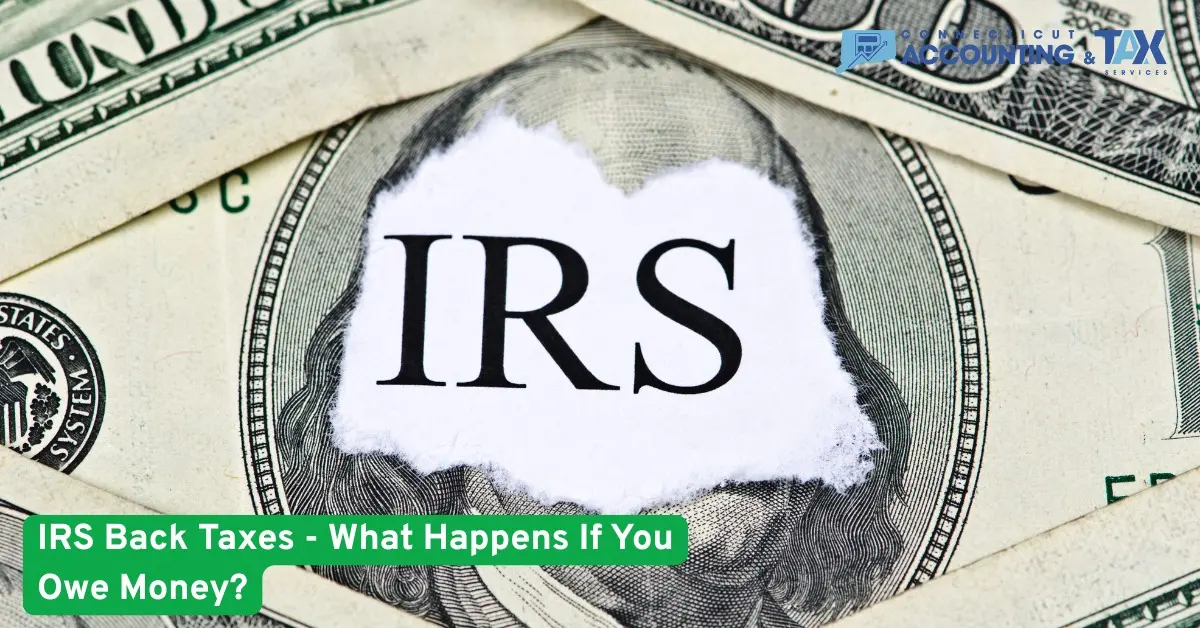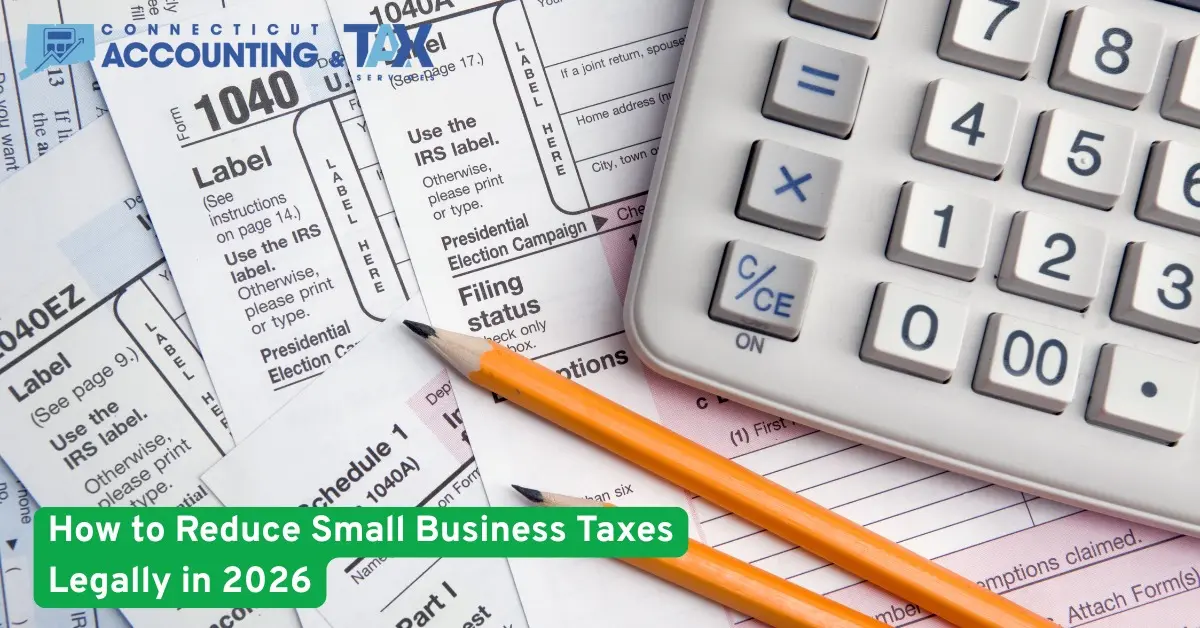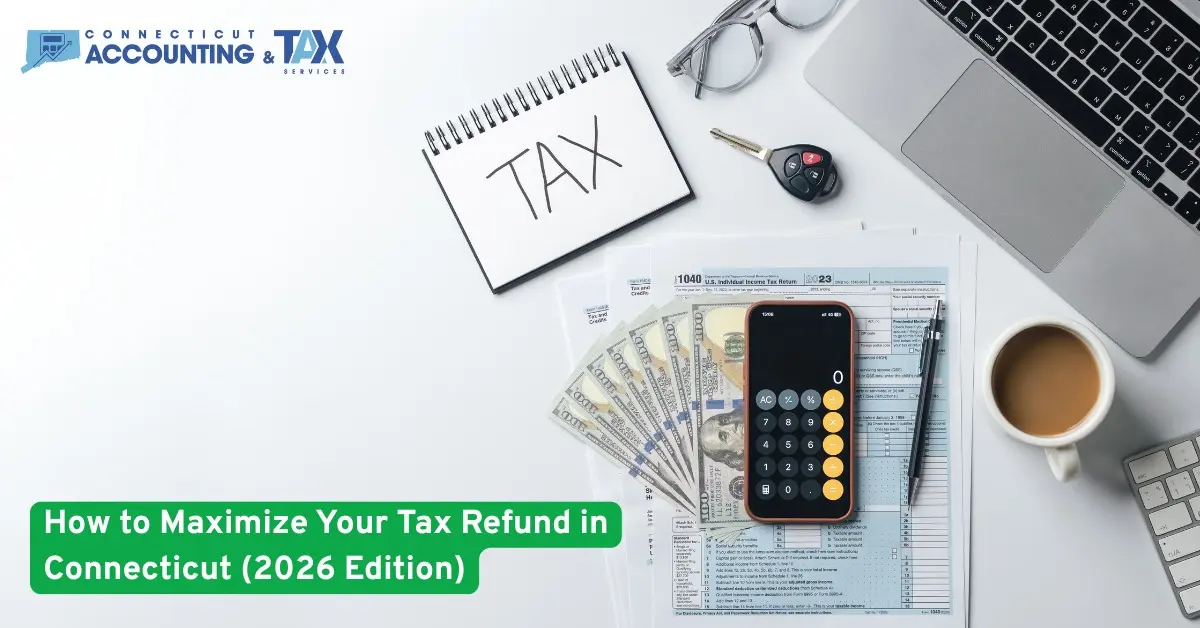Are you ready to grow up your business?
TRACK YOUR STACKWhere’s my refund 2026? Let’s track your refund
Where’s my refund 2026? Let’s track your refund
status!
If you filed with Jackson Hewitt’s experts, you get expert help in tracking your IRS refund status, too. Use the Live Chat feature to track your Federal tax return and the ETA of your refund, or log into your MyJH account now.
Track Status
Steps to track my IRS refund status 2026
01
Start a Live Chat
If you filed with Jackson Hewitt, click to use the Live Chat feature to begin tracking the status of your acknowledged Federal tax return by the IRS.
02
Track your IRS refund
Using the Live Chat feature, we’ll need the year of your tax return, filing status of your return, and the primary filer’s birthdate and Social Security number.
03
Receive your refund
21 days or less is a typical estimated timeline, according to the IRS, to receive your refund if you e-filed and chose direct deposit. Four weeks or more for returns filed by mail.
YOUR MONEY MATTERS
Two great choices for a faster refund
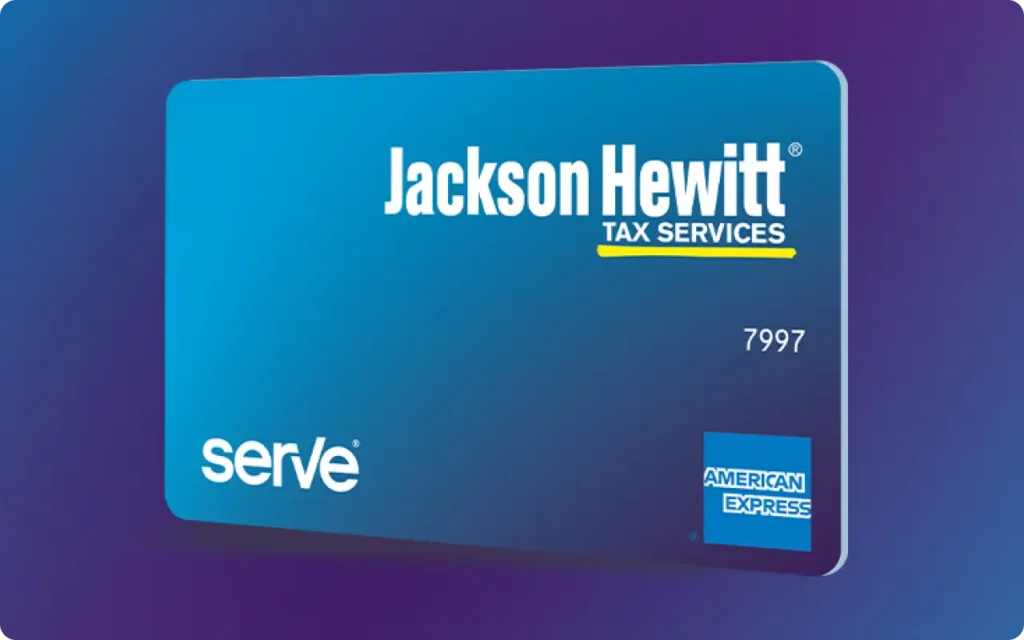
Serve® American Express® Card
Get access to your IRS refund up to 5 days faster than direct deposit when you choose to load it on a Serve® American Express® Reloadable Prepaid Card.
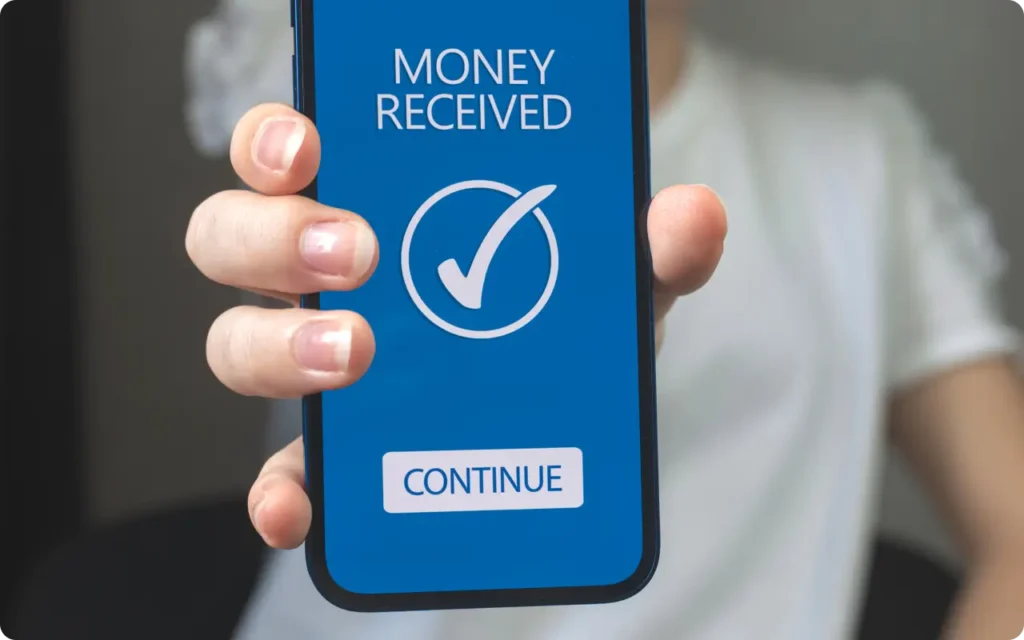
Direct deposit
Your bank will receive your refund the same day the IRS sends it. It will typically take 3-5 days for your bank to process your refund.
Still waiting for your refund?
Where's My Refund FAQ's
How long will it take to receive my refund?
The speed at which you receive your tax refund depends on several factors, including when and how you file, how you choose to receive your refund, and whether you claim certain credits or deductions.
If you file electronically, most refunds are issued within 21 days of submission, according to the IRS. This timeline starts once the IRS begins processing returns for the year.
However, if you claim the Earned Income Tax Credit (EITC) or the refundable Child Tax Credit, your refund will be delayed and will not be issued before February 15th due to additional fraud prevention measures.
How fast can I get my refund?
If you choose direct deposit, your tax refund will be sent to your bank on the same day the IRS processes it. Typically, it will take your bank 3-5 days to process the deposit, depending on their procedures.
If you file electronically, most refunds are issued within 21 days of submission, according to the IRS. This timeline starts once the IRS begins processing returns for the year.
However, if you claim the Earned Income Tax Credit (EITC) or the refundable Child Tax Credit, your refund will be delayed and will not be issued before February 15th due to additional fraud prevention measures.
What does "pending" mean?
A “pending” return status means the IRS has not yet accepted or rejected your return. Once your return is fully reviewed, it will be assigned a new status. If you need help understanding your return status, reach out to a qualified Tax Pro for assistance.
Does "accepted" mean my tax refund is approved?
“Accepted” means your tax return has passed an initial verification, which checks basic information such as Social Security details for the taxpayer and dependents, among other factors. However, this does not mean your refund is approved. You should continue to monitor the status of your return for further updates, as the IRS will begin processing it shortly after acceptance.
My Refund Says Accepted. What's Next?
The IRS will process your return, and once it’s completed, your refund will be issued. If you owe taxes and have submitted IRS Form 9465 (Installment Agreement), the IRS will typically send you a letter notifying you of the acceptance or rejection of the agreement.
Why Is My State E-File Still Pending?
There are several reasons why a tax return may remain in pending status. For example, some states process returns at different times, which can impact your state e-file status. If you have further questions about the status of your return, it’s best to contact a Tax Pro for assistance.
Why Is My Refund Delayed?
If the IRS requires more information to process your tax return before issuing your refund, they will send you a letter. If you have any questions about a letter you receive from the IRS, it’s best to reach out to a Tax Pro for guidance. For example, some states process returns at different times, which can impact your state e-file status. If you have further questions about the status of your return, it’s best to contact a Tax Pro for assistance.
How Can I Get a Bigger Tax Refund?
CT Tax & Accounting Professional Services is dedicated to helping you maximize your refund every time you file with us. Our expert Tax Pros will carefully review your return to identify any missed deductions or credits, ensuring you receive the largest refund possible.
When Does The IRS Update My Refund Status?
The timing depends on whether your return was e-filed or mailed. If you e-filed, the IRS typically updates the status within 3-5 business days after processing your return. If you mailed your return, it may take 3 weeks or longer for updates. You can track the status of your return on the IRS.gov website.
How Do I Check My Refund Status For An Amended Return?
You can research the status of your amended return on the IRS website: Where’s My Amended Return?‘
What's The Earliest I Can Get My Refund?
According to the IRS, most refunds are issued within 21 days of filing. However, your refund may arrive at a different time depending on how you chose to receive it or if the IRS encounters any issues, such as reconciling stimulus payments or the advanced Child Tax Credit from 2021. For more details, check your refund status on IRS.gov or consult a Tax Pro for assistance.
Why Is My Refund Less Than Expected?
There are several reasons why your refund may be more or less than expected. You may have outstanding back taxes with the IRS or a state, delinquent federal loans, unpaid child support, or other tax liens that can affect your refund. To learn more about what could impact your refund, consult with a Tax Pro who can review your return and provide personalized guidance.

